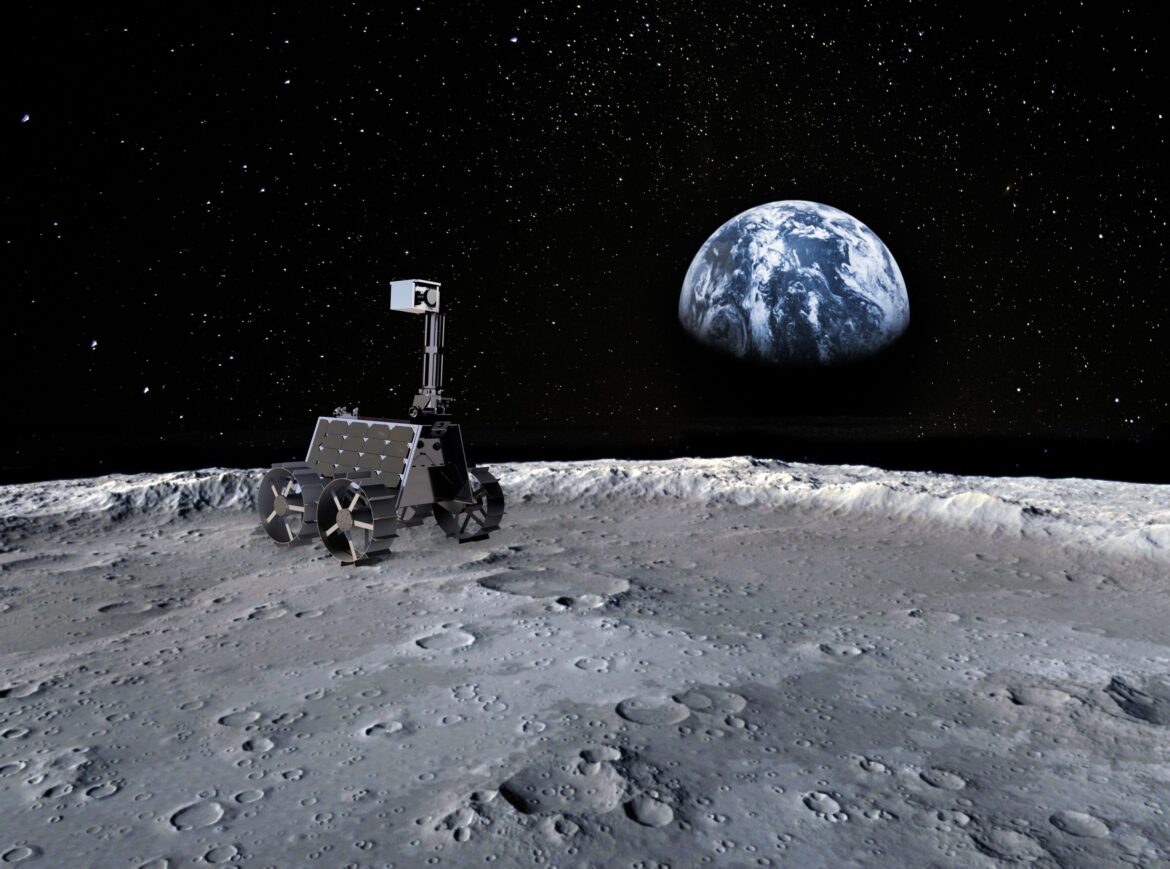By Staff Reporter
It has been exactly one year since one of the most exciting events in the history of UAE’s space exploration. On March 3, 2023, Sultan Al Neyadi blasted off to the International Space Station (ISS) on a mission that became the region’s longest one ever.
The astronaut took to social media to commemorate the event. “A year ago, I experienced my first moments aboard the ISS. I still recall each moment in microgravity with the crew. This anniversary also comes just two days before the graduation of Astronaut Nora and Astonaut Al Mulla from NASA’s Astronaut Candidate Class. The journey continues,” he wrote.
Nora Al Matrooshi and Mohammed Al Mulla, who are the UAE’s next batch of astronauts, will graduate on Tuesday, March 5.
The country’s first astronaut, Hazza Al Mansouri, also posted on social media. “Today, we commemorate the 1-year anniversary of the longest Arab space mission in history. We celebrate the efforts of Sultan Alneyadi and the team. Proud to be part of this historic mission and to continue our work with Sultan, Nora and Mohammed,” he wrote.
After spending more than 180 days in space, Sultan Alneyadi landed back in the UAE on September 21, 2023 and has since been appointed the Minister of Youth of the country.
UAE’s space journey
The UAE’s space journey has been galloping along at a tremendous pace. The country is hoping to achieve its dream of landing on the moon with the Rashid Rover 2.
The team at Mohammed Bin Rashid Space Centre (MBRSC) began working on the new lunar rover after the Rashid Rover mission failed when its Japanese-made lunar lander, Hakuto-R Mission 1, was not able to accomplish a soft landing on the lunar surface. Although a launch date has not been announced as of yet, the MBRSC team has been working diligently on it.
The UAE’s MBR Explorer will undertake a 5-billion-kilometre journey in the first-ever mission to explore and study seven asteroids of the main asteroid belt. The 13-year mission will see the explorer make its first asteroid encounter in February 2030.
Additionally, the MBZ-Sat satellite is expected to launch soon. Named after President Sheikh Mohamed bin Zayed Al Nahyan, the 800kg satellite is expected to be one of the region’s most advanced Earth-imaging satellite. It will monitor environmental changes, water quality and assist in agricultural development.


